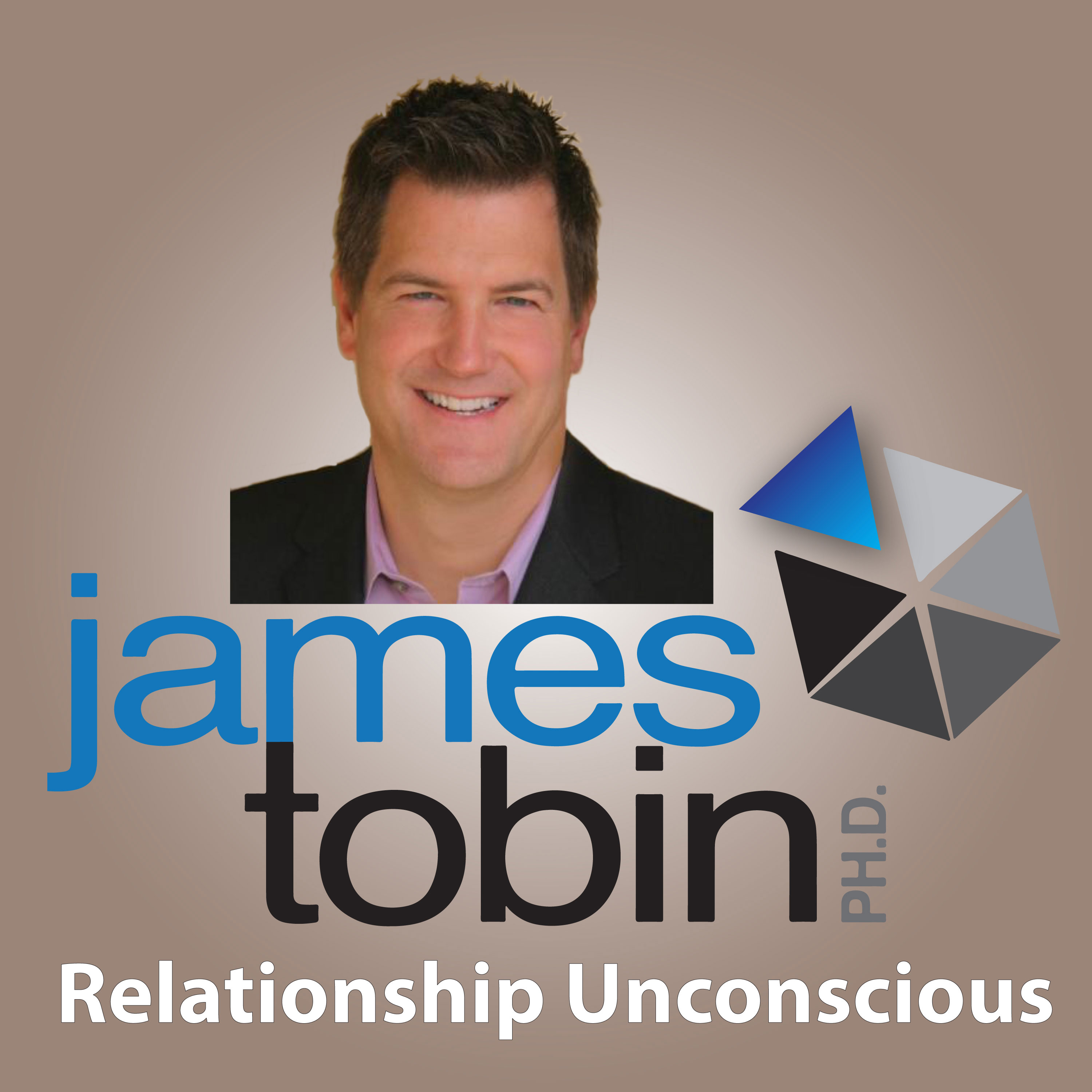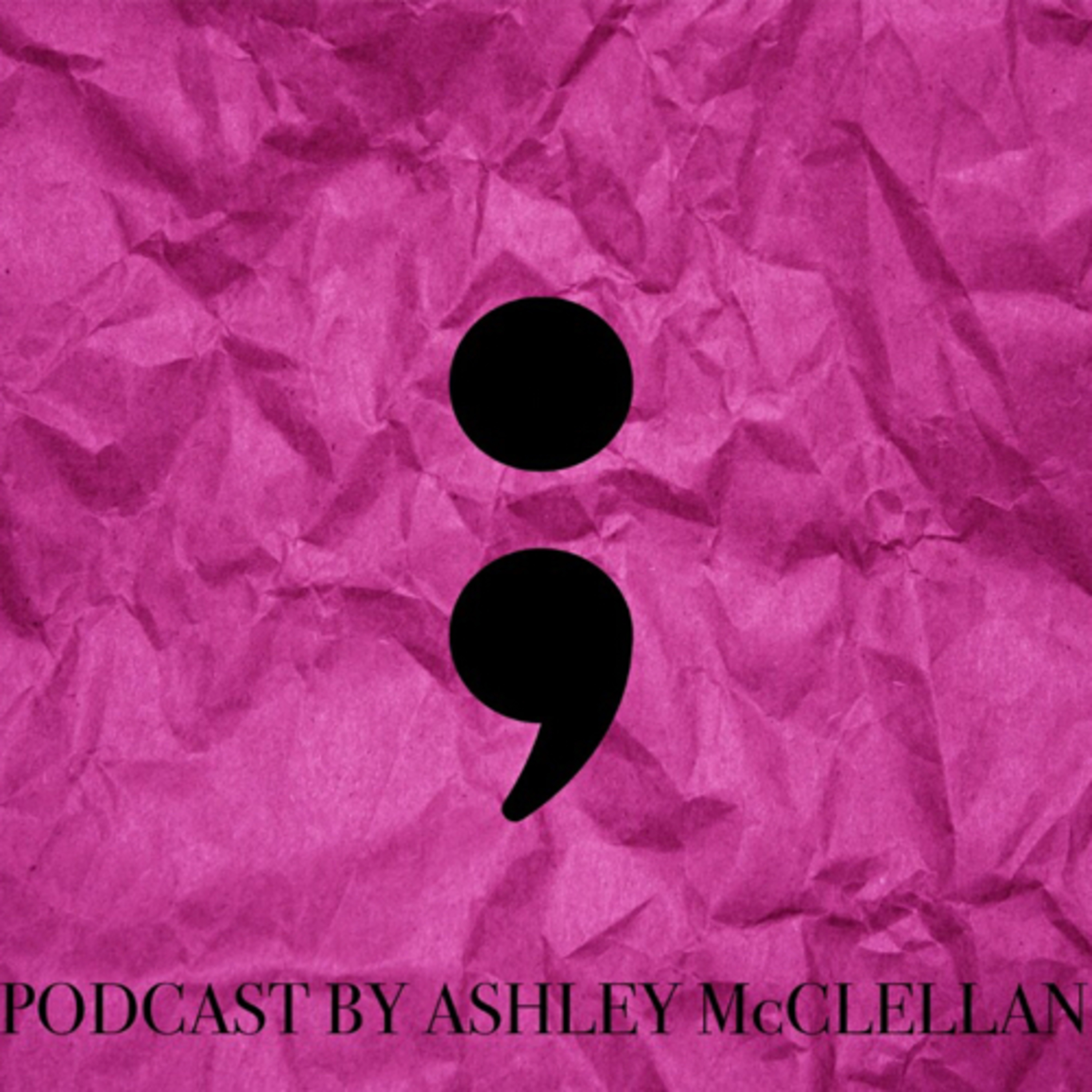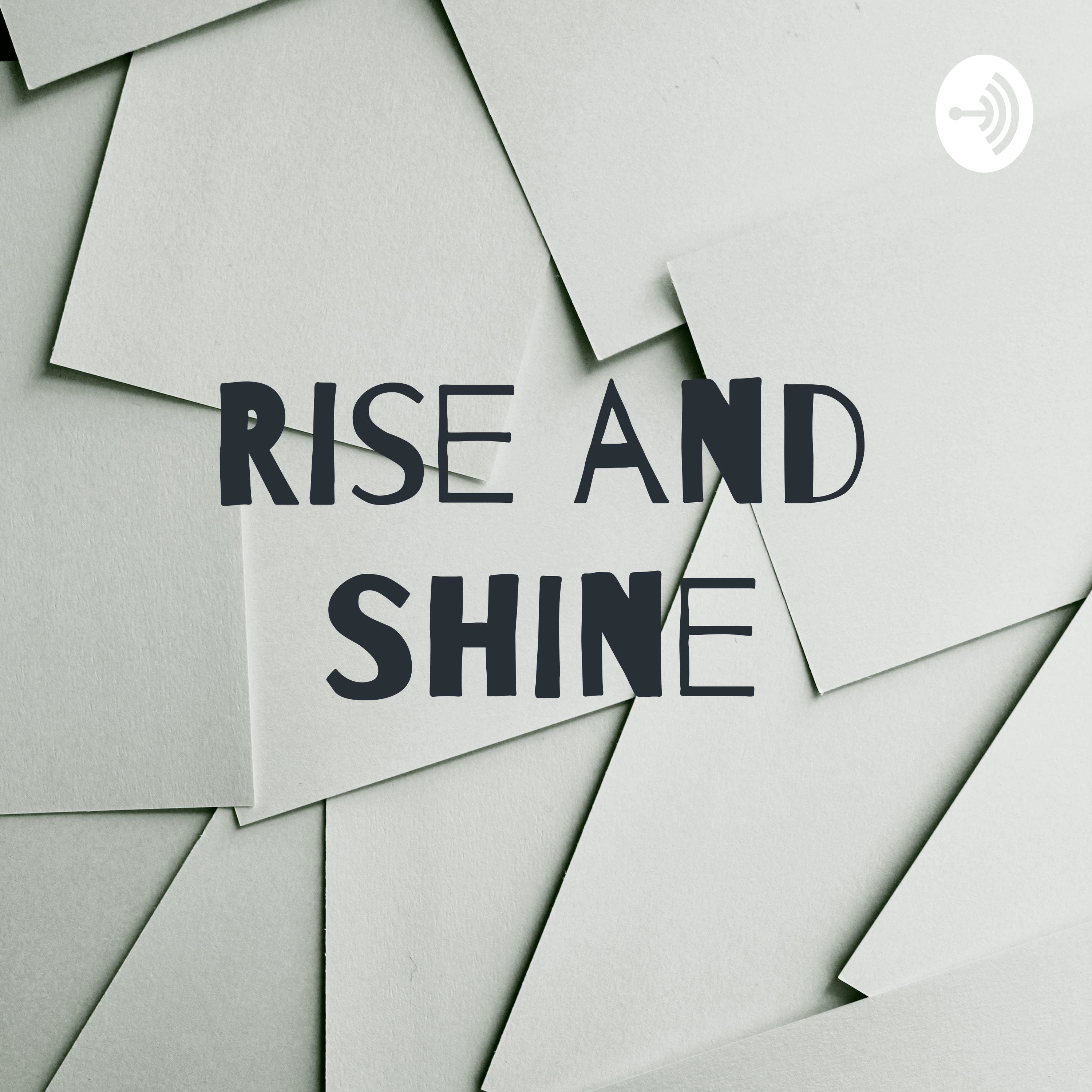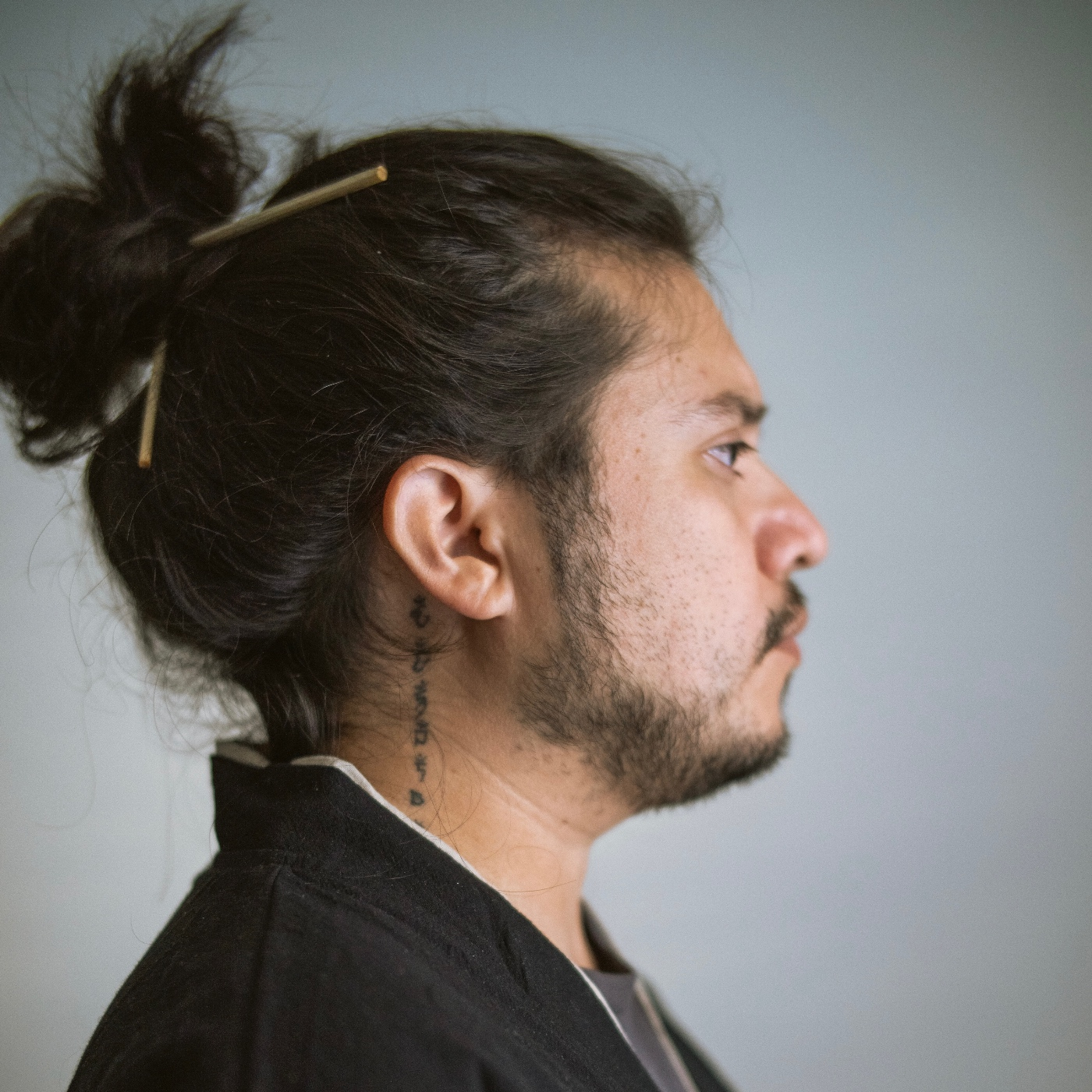Cancer Stories: The Art of OncologyAuthor: American Society of Clinical Oncology (ASCO)
Embark on an intimate journey with heartfelt narratives, poignant reflections, and thoughtful dialogues, hosted by Dr. Mikkael Sekeres. The award-winning podcast JCO Cancer Stories: The Art of Oncology podcast unveils the hidden emotions, resilient strength and intense experiences faced by those providing medical support, caring for, and living with cancer. Language: en Genres: Health & Fitness, Medicine, Mental Health Contact email: Get it Feed URL: Get it iTunes ID: Get it |
Listen Now...
A Chance to Heal with Cold Hard Steel: The Fine Surgical Line Between Healing and Harming
Tuesday, 27 January, 2026
Listen to JCO's Art of Oncology article, "A Chance to Heal with Cold Hard Steel" by Dr. Taylor Goodstein, who is a fellow at Emory University. The article is followed by an interview with Goodstein and host Dr. Mikkael Sekeres. Dr. Goodstein shares a story about surgery, grief, and being courageous in the face of one's own fallibility. TRANSCRIPT Narrator: A Chance to Heal with Cold Hard Steel, Taylor Goodstein, MD Mikkael Sekeres: Welcome back to JCO's Cancer Stories: The Art of Oncology. This ASCO podcast features intimate narratives and perspectives from authors exploring their experiences in oncology. I am your host, Mikkael Sekeres. I am Professor of Medicine and Chief of the Division of Hematology at the Sylvester Comprehensive Cancer Center, University of Miami. Joining us today is Dr. Taylor Goodstein, urologic oncology fellow at Emory University and our first Narrative Medicine Contest winner, to discuss her Journal of Clinical Oncology article, "A Chance to Heal with Cold Hard Steel." Dr. Goodstein and I have agreed to address each other by first names. Taylor, thank you for contributing to the Journal of Clinical Oncology, to our contest, and for joining us to discuss your winning article. Taylor Goodstein: Thank you so much for having me. This is a great honor. Mikkael Sekeres: The honor was ours, actually. We had, if you haven't heard, a very competitive contest. We had a total of 159 entries. We went through a couple of iterations of evaluating every entry to make it to our top five, and then you were the winner. So thank you so much for contributing this outstanding essay both to our Art of Oncology Narrative Medicine Contest and also ultimately to JCO. Taylor Goodstein: Oh, thank you so much. Mikkael Sekeres: So, I was wondering if we could start by asking you to tell us something about yourself. Where are you from, and walk us through your career and how you made it to this point? Taylor Goodstein: Well, I grew up in a small town in Colorado - Glenwood Springs, Colorado. It is on the Western Slope, about 45 minutes north of Aspen. I went all the way to the east coast for college, where I ended up minoring in creative writing. So writing has been a part of my medical journey kind of throughout. I went to medical school back in Colorado at University of Colorado in Aurora, and then I did my residency training at he Ohio State University in Columbus, Ohio. And now I am at Emory University for fellowship. And I have been kind of writing all throughout, trying to make sense of the various journeys we go on throughout the experiences we have with going through our medical training. Mikkael Sekeres: That is amazing, and I noticed how you emphasized the "The" in Ohio State University. Taylor Goodstein: Yes, we fought hard for that "The." Mikkael Sekeres: Right, as do we at The University of Miami. Yes. What drew you to surgery, and specifically surgical oncology? Taylor Goodstein: My dad is a surgeon. My dad is an ear, nose, and throat doctor. And I am essentially him. We are the same person, and it made him very, very happy. So when I was looking at different medical specialties, I knew I was going to do a surgical subspecialty, and that is what I was drawn to. And then I was looking for the one that felt right, ended up finding urology, and then throughout my residency journey, I really gravitated towards cancer care. I really loved the patient population taking care of cancer patients, and surgically it felt like a way that I was going to be engaged and challenged throughout my career as there is so much that is always changing in oncology, almost too fast to keep up with all of it. But that is what really, ultimately, drew me to that career path. Mikkael Sekeres: It is great that you had a role model in your dad as well to bring you into this field. Taylor Goodstein: Well, he is very disappointed that I did urology rather than ENT, and he's in private and I am going into academics, so there is plenty of room for disappointment. Mikkael Sekeres: I am sure the last thing in the world he is is disappointed in you. And I will say, so I am able to see your background here, our listeners of course are listening to a podcast and they are not. You have a very impressive bookshelf with a lot of different types of books on it. Taylor Goodstein: This is your guys' background! This was the option of one of the backgrounds I could choose for coming onto this. I didn't want to do my real background because I have a cat who is wandering around and was going to be very distracting. Mikkael Sekeres: That's funny! Taylor Goodstein: But I did like the books. The books felt like a good option for me. I do have a big bookshelf; books are very important to me. I don't do anything on Kindle. I like the paper and stuff like that, so I do have a big bookshelf. Mikkael Sekeres: There is something rewarding in the tactile feel of actually turning a page of a book. You did writing from a very early stage as well. I was an English minor undergrad and then focused on creative writing as well and continued taking creative writing courses in medical school. Were you able to continue that during medical school and then in your training? Taylor Goodstein: Yeah, I thought that is what I was going to do when I first went to college. Like, I thought I was going to be a journalist or writer of some kind, and then I think maybe the crisis of job security hit me a little bit, and then also my desire to work with my hands and work with people. I wanted something to write about, something about my life that would be very interesting to write about, and that sort of led me initially to medicine. But then yes, to answer your question, I have been participating in a lot of writing competitions, like through the AUA, the American Urological Association, they do one every year that I have been doing in residency. And then in medical school we had some electives that involved writing and medical literature that we did. There was a collection of student writings, a book that got published during my last year of medical school that I had a couple of essays in. And the journey changes over time. When you are a medical student, you are on this grand journey and you are so excited to be there, but at the same time you feel so incredibly unprepared and useless in a lot of ways. You are just this medical student. The whole medical machinery is this well-oiled cog rotating together, and you are just this wild little- by yourself just trying to fit in. And that experience really resonated with me. And then residency has its own things that you are trying to make sense of. I think it all pales in comparison to what it is like to be a new surgeon for the first time, taking not necessarily your first big case but early in your career and having complications and making difficult decisions. I think is one of the hardest things that we probably have to deal with. Mikkael Sekeres: Well, you write about this in an absolutely riveting way. When you and your attending, you are a fellow on this case with your attending, realize that in the mess of this aggressive tumor that you are trying to resect, you have removed the patient's external iliac artery and vein, you write, and I am going to quote you now to you, which is always a little awkward, but I am going to do it anyway: "It is hard to explain what it feels like. Belly drops, hands shake, lungs slow down, and heart speeds up. It takes several seconds, marked out by the beeping metronome of the patient's own heartbeat, but eventually we return to our bodies, ready to face the error we cannot undo." As a reader, you are transported with you into that moment when, oh my God, you realize what did we do in this tremendous tumor resection you were undertaking? What was going through your mind at that moment? Taylor Goodstein: This is going to sound maybe a little bit funny, but I always think about this line from Frozen 2. I don't know if you have any kids or you have seen Frozen 2. Mikkael Sekeres: I have kids, and I have seen Frozen, but I have to admit I have not seen Frozen 2, and that is obviously lacking in my library of experiences. Taylor Goodstein: Frozen 2 is incredible, way better than Frozen 1. The adult themes in Frozen 2 go above and beyond anything in Frozen 1. But they are faced with some really big challenges and one of the themes that happens in that movie is all you can do is the next right thing. And it gets said several times. I remember connecting to that when I saw the movie, and I have said it to myself so many times in the OR since. You can't go backwards, you can't change what just happened. So all you can do is the next right thing. And so I think once the shock of what had happened kind of fades, all I am thinking in my head is like, "Okay, what is the next right thing to do here?" And obviously that was calling the vascular surgeon, and thankfully he was there and able to come in and do what needed to be done to restore flow to the patient's leg. Mikkael Sekeres: It is so interesting how we are able to compartmentalize in the moment our emotions. The way you write about this and the way you express yourself in this essay, you are horrified by what has happened. This is a terrible thing, yet you are able to separate yourself from that and move forward and just do the right thing for the patient at that time and get your patient out of this and yourself out of this situation. Taylor Goodstein: I think that is honestly, and maybe not for everybody, but for me that has been one of the challenges of becoming a surgeon is learning that level of emotional control, because all you want to do is cry and scream and pull your hair out and hit your fists against the table, but you can't do that. You have to remain in charge of that ship and keep things moving forward. And it is one of those hidden skills that you have to learn when you are going to be a surgeon that you don't get taught in medical school, and you kind of learn on the job in residency, but there is not as much explicit training that goes into that level of emotional control that you have to have. And I have kind of gone on my own self-journey to get there that has been very deliberate for me. Mikkael Sekeres: That is amazing. Do you think as we progress through our careers, and I don't want to use a term that is so dismissive, but maybe I will try it anyway, that we become more nonchalant about surgeries or writing for chemotherapy or radiation therapy to deal with cancer, or is that fear, that notion of "with great power comes great responsibility," to loosely quote Spider-Man, is that always there? Do we always pause before we start the surgery, write for the chemotherapy, or write for the radiation therapy and say, "Wait a second, what am I doing here?" Taylor Goodstein: I think it is always there, and I would argue that it even grows as you get farther along in your practice and you gain this collection of experiences that you have as a surgeon where you develop complications and from that you change your practice, you change the way you operate, the way you consider certain operative characteristics. I would argue that, as time goes on, you probably get more cautious approaching surgery for patients, more cautious considering the side effects of different treatment options that people have. Mikkael Sekeres: I think that is right. There is danger in reflecting on the anecdotes of your career experience to guide future treatments, but there is also some value to remembering those times when something went wrong or when it almost went wrong and why we have to check ourselves before doing what may become routine at one point in our careers, and that routineness may be doing a surgery or writing for chemotherapy, but always remembering that there is great danger in what we are about to embark on. Taylor Goodstein: Always, yeah. Mikkael Sekeres: Taylor, what makes this story really special and one of the reasons it won our Art of Oncology Narrative Medicine Contest is just how deep you plunged into reflecting on this surgery. And you write, I am going to quote you to you again, you reflect on how people may criticize you and your attending for embarking on this surgery, but you say: "They never met him, not like you did. They did not see him buckled over in pain, desperation in his eyes. They did not hand his wife tissues or look at photos of his pregnant daughter or hear about his dream of making it to Italy one day. They did not hug his family at the end of it all and cry together as he rattled out sharp breaths. And they certainly did not know how much it meant to get two months free of pain and just enough time to meet his granddaughter." There is a hard truth you write it just perfectly, there is a hard truth to why we don't always follow CMS guidelines for not offering treatment at the end of life, isn't there? Taylor Goodstein: Yeah, it is tough. And you know, I think a lot about this because I have heard a few times to be cautious of the armchair quarterbacks, specifically when you are talking about M&Ms. It is so easy to come in at the other side of a bad outcome and talk about how you shouldn't have done this, you shouldn't have done that. And to be fair, during the M&M in question, as I think back to it, the feedback for the most part was very constructive and ways to maybe be more prepared coming into a surgery like this. Like, there were questions about whether - here at Emory, we operate over various different hospitals - of whether the hospital, it should have been done at an even different hospital was like one of the questions, that maybe had more resources. So things like that, but it is hard I think when you get that question like, maybe you shouldn't have operated. And there is- I think one of the lessons I learned here is being unresectable doesn't mean you can't resect the tumor. We say the word 'unresectable', like we obviously we resected it, but what was the cost of that, obviously? Like we can resect a lot of things, but how much collateral gets damaged in the process of doing that? However, it is a very challenging question. I mean, this guy had one option really. I mean, chemo wasn't going to work, radiation wasn't going to work, and his goals were different than our goals are necessarily when we talk about cancer care. He wanted to be free of pain, he wanted to be able to go home. He was admitted to the hospital, he was on an IV, like Dilaudid, like he could not get off of a PCA because of how much pain he was in. And he just wanted to go home and be there for the birth of his granddaughter, and that is what we tried to do for him. In which case we were successful, but in everything else, we were not. Mikkael Sekeres: And you were successful. I could imagine that when people are in pain, their immediate goal of course is to get rid of the pain. Being in pain is an awful place to be. But with the impending birth of his granddaughter, I have to imagine you realign what your goals are, and that must have been primary for him, and you got him there. Taylor Goodstein: We did. I also talked a little bit about this later on, this idea of providing peace for families. I think that there is this sense of maybe peace and acceptance that comes from having tried to do the long shot surgery, that if you had never tried, if you come to them right away and you say, "Oh, this is- I can guarantee that this isn't ultimately going to end up well," there is still like that what's going to linger in the back of their mind if it never gets attempted versus, okay, we tried, it failed, and now we can come with this almost like satisfaction or comfort knowing that we did everything we could. So I guess I think a little bit about that as well. Mikkael Sekeres: Well, I think that is a beautiful place to end this as well. There are so many factors we have to consider when we embark on this cancer journey with our patients and when we make recommendations for treatment, and it sounds like, and it is so beautifully reflected in your essay that you thought extremely holistically about this patient and what his goals were and appreciated that those goals had to be severely modified once he had his cancer diagnosis. Taylor Goodstein: I think the most important sentence is, "I still don't know what the right answer is." And I think that is important for me to end on. Mikkael Sekeres: Well, and you are still in training. I think it is so important to acknowledge that. When you are training, it is important to acknowledge it when you are at my stage of my career as well. There are still encounters where I come out and I think to myself, I am just still not 100 percent sure what the right thing to do is. But often we let our patients guide us, and we let their goals guide us, and then we know that at least it is right for that person. Taylor Goodstein: Yeah, exactly. Mikkael Sekeres: Well, it has been such a pleasure to have Dr. Taylor Goodstein, who is a fellow at Emory University, to discuss her outstanding essay, "A Chance to Heal with Cold Hard Steel." Taylor, thank you so much for submitting your entry to our first Art of Oncology Narrative Medicine Contest, for winning it, and for joining us today. Taylor Goodstein: Thank you so much for having me. Mikkael Sekeres: If you have enjoyed this episode, consider sharing it with a friend or colleague, or leave us a review. Your feedback and support help us continue to have these important conversations. If you are looking for more episodes and context, follow our show on Apple, Spotify, or wherever you listen, and explore more from ASCO at asco.org/podcasts. Until next time, this has been Mikkael Sekeres for JCO Cancer Stories: The Art of Oncology. The purpose of this podcast is to educate and to inform. This is not a substitute for professional medical care and is not intended for use in the diagnosis or treatment of individual conditions. Guests on this podcast express their own opinions, experience, and conclusions. Guest statements on the podcast do not express the opinions of ASCO. The mention of any product, service, organization, activity, or therapy should not be construed as an ASCO endorsement. Show Notes: Like, share and subscribe so you never miss an episode and leave a rating or review. Guest Bio: Dr Taylor Goodstein is a Fellow at Emory University.












